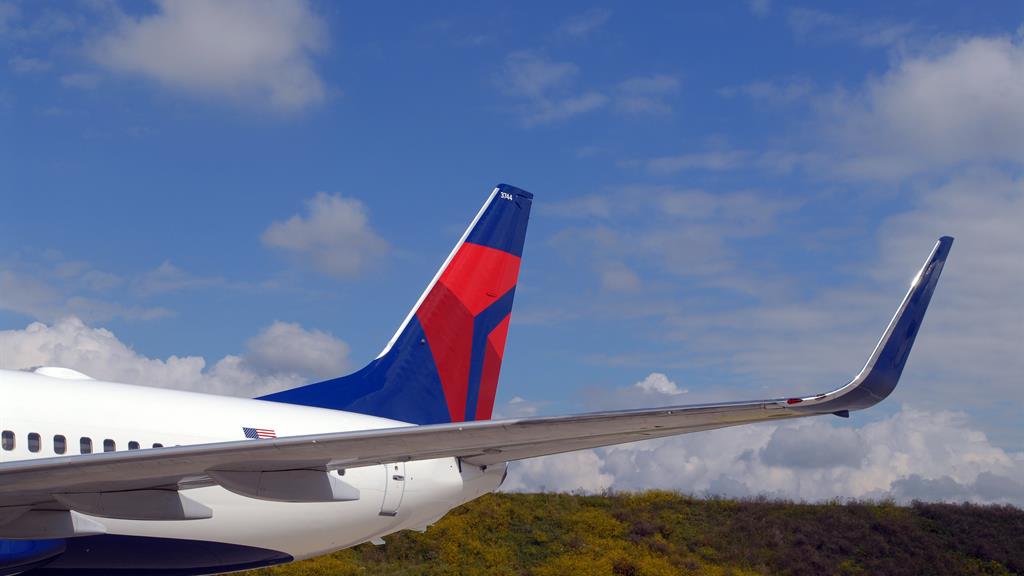The company will test Aero Design Labs’ new drag reduction technology on its 737-800 and 737-900 fleets; by reducing drag, aircraft are more aerodynamic and consume less fuel during flight
Delta is taking another step toward its goal of zero emissions by 2050 by testing new drag reduction technology from Aero Design Labs on its 737-800 and 737-900 fleets. By reducing drag, the aircraft are more aerodynamic and consume less fuel during flight.
The companies’ memorandum of understanding includes technology testing and certification with the FAA (Federal Aviation Administration) for Delta’s 737-800 aircraft beginning in the first quarter of 2023, followed by the B737-900 fleet in the second half of the same year. Delta will have the option to purchase Aerodynamic Drag Reduction System (ADRS) kits from Aero Design Lab upon certification to equip most of its more than 200 aircraft in the two fleets.
“This is part of Delta’s overall approach to take short, medium and long-term actions to achieve our goal of zero emissions by 2050,” said Delta’s Chief Sustainability Officer Pam Fletcher. “The partnership with Aero Design Labs is a great example of how Delta continues to invest in new ways to modify our operations to make an immediate impact on our current carbon footprint, while working on long-term solutions to decarbonize our industry.”
Aero Design Labs’ Chief Commercial Officer Chris Jones added, “Delta Air Lines has a proven track record of innovation leadership in the industry and we are proud to formalize our contract and partnership in the process to achieve FAA certification. This is a collaboration formed by Delta and Aero Design Labs to contribute to the International Air Transport Association (IATA) and achieve the goal of zero emissions by 2050.”
Delta’s high-level operations and unique technical capabilities mean that by 2022 alone, the company expects to have reduced fuel consumption by more than 10 million gallons through operational and fleet modifications such as optimized flight speeds, improved landing procedures, installation of improved winglets, and lightweight landing gear tires.
Senior Vice President of TechOps Operations and Supply Chain Management, Mahendra Nair, added, “Delta is excited to expand the partnership with ADL to test and certify the drag reduction kits on the 737-900ER and 737-800NG, continuing our investment in fuel efficiency and sustainability improvements.”
*** Translated by the DEFCONPress FYI Team ***
